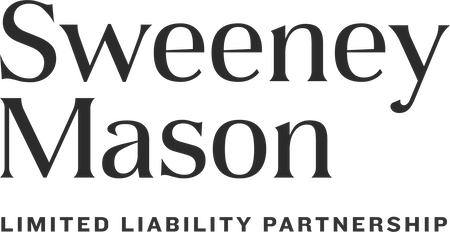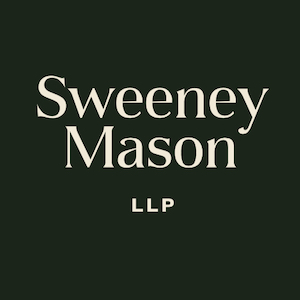On May 29, 2012, the First District Court of Appeal for the State of California published its decision in Summit Bank v. Robert Rogers. Sweeney, Mason, Wilson & Bosomworth attorneys Kurt E. Wilsonand Scott A. Mangum represented Mr. Rogers.
The lawsuit arose out of various web postings by Mr. Rogers on Craigslist’s “Rants & Raves” forum, critical of his former employer, Summit Bank. In response to the postings, Summit Bank sued Mr. Rogers for defamation.
In response to the lawsuit, we filed a motion with the Alameda County Superior Court seeking to dismiss the lawsuit on the grounds that Mr. Rogers’ postings constituted speech protected under the United States Constitution’s First Amendment. The motion is commonly referred to as an “anti-SLAPP” motion. The Superior Court denied the motion, and we appealed the ruling. The Appellate Court reversed the lower court’s ruling, agreeing with our argument that Mr. Rogers’ postings could not be defamatory because they stated opinions and true facts. Under California law, an opinion cannot constitute libel or slander. To constitute libel or slander, the statement must be one of verifiable fact. The Court dismissed Summit Bank’s lawsuit against our client and ordered it to pay his attorneys’ fees and costs.
The Appellate Court also agreed with our argument that California Financial Code Section 1327, which rendered it a crime punishable by a fine and up to one year in jail to spread untrue statements about the condition of a bank, was unconstitutional. The Court held that Section 1327 was overbroad, vague, and did not meet the modern-day concepts and legal requirements mandated by the U.S. Constitution’s First Amendment.
The California Bankers Association joined Summit Bank in its efforts to defeat Mr. Rogers’ appeal, and argued in its amicus brief that in light of the sensitive financial condition of banks in the United States, the Court should uphold the statute. The Appellate Court rejected this argument stating, “It is precisely because of the current financial climate that we believe the public should be given broad latitude to express a wide range of viewpoints on matters relating to the operation and solvency of our financial institutions.”
After setting forth its finding that Section 1327 was unconstitutional, the Appellate Court turned to Mr. Rogers’ statements and found that they did not constitute defamation. The Court found that the statements were either true statements or statements of opinion protected under the First Amendment. Because the statements were neither illegal under Section 1327 nor defamatory, the Appellate Court ordered that Summit Bank’s lawsuit be dismissed and that Summit pay Mr. Rogers’ attorneys’ fees.
Follow the links below to read more:
http://www.metnews.com/articles/2012/bank053012.htm
http://www.sfgate.com/cgi-bin/article.cgi?f=/c/a/2012/05/31/BUUM1OPIUN.DTL

